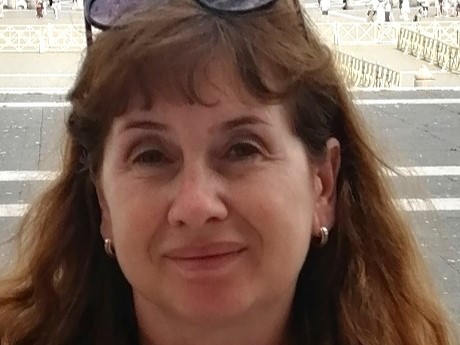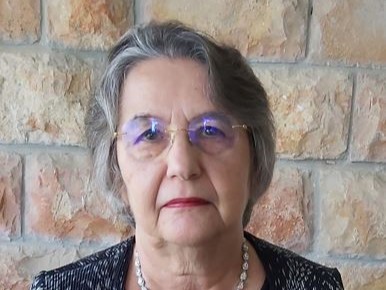1st International Egodocumental Network Conference
Vilnius University, Nicolaus Copernicus University in Toruń, the University of Lodz, and the Egodocumental Research Group (https://egodocuments.umk.pl) organise an international conference focusing on research, development, and changing perceptions of egodocuments in the twenty-first century. The conference aims to bring together scholars from different disciplines to share their insights and to encourage interdisciplinary studies of egodocuments.
The conference will also be the first meeting of the International Egodocumental Network established in December 2023 by the Egodocumental Research Group (Nicolaus Copernicus University in Toruń and the University of Lodz) to unite scholars from different disciplines working on egodocuments. It provides a platform for discussion, collaboration, and exchange of information between the participants, as well as online research seminars organized twice a year. In this dimension, our conference continues two editions of the Scientific Symposium "Egodocuments, Life-Writing and Autobiographical Texts..." organized at NCU in Toruń in 2022 and 2024.
Keynote speakers

Dr. Nataliia Voloshkova
Kazimierz Wielki University and Oxford Brookes University
Prof. Leona Toker
Hebrew University and Shalem Academic College
Prof. François-Joseph Ruggiu
Sorbonne Université, CNRS and Oxford University
Jurgita Ūsaitytė
Institute of Lithuanian Literature and Folklore
Expression of Cultural Identity in Personal Songbooks
The presentation will introduce one of the forms of vernacular literacy – personal songbooks. These are collections of texts compiled for personal use, dominated by poetic creativity – songs, poetry, memory verses, although there are also inscriptions of domestic content. The Archive of Lithuanian Folklore, which is the largest repository of the Lithuanian folklore, holds over a hundred songbooks from the mid-19th to the early 21st century, which are made up of texts associated with various forms of culture (folklore, written, mass). Traditionally, songbooks have been seen as an object of folkloristics, but, in the last decade, the concept of songbooks as a source of egodocumentary value has been increasing.
There is scarce specific data in the songbooks to identify the owner. And, also, there are few entries of a personal nature that would directly describe the author’s views and evaluation of various phenomena. Nevertheless, these collections of texts make it possible to highlight the cultural identity of their compilers, which becomes apparent when the sources are examined in their historical, political and socio-cultural contexts. The paper presents the tradition of songbooks that existed in three different periods – the Lithuanian national revival, the interwar period, and the early Soviet period. By capturing the attitude of different members of society towards official and popular forms of culture, these songbooks reveal people’s aesthetic inclinations, such as their preference for certain styles and themes. On the other hand, personal collections of poetic texts testify to their compilers’ national, civic and social consciousness, choices and attitudes in various situations in which they found themselves in life.










